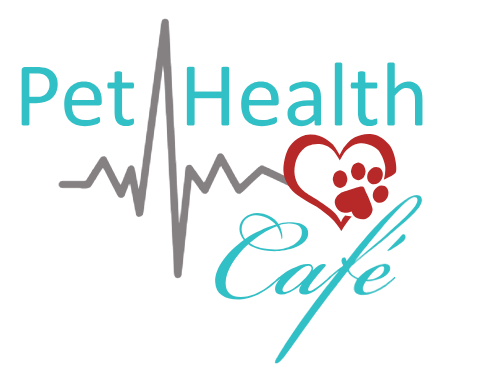Recently we were presented with a question regarding pets and our environment which made us recall an alarming article that I read about our most recent hurricane and learned that livestock waste would overflow into the capture lagoons and pollute neighboring wells and water supply.
Upon researching, we found another reference shown here, Source Molecular, a leader in Microbial Source Tracking; stated that “Some farms allow their range cattle to have direct access to streams, lakes, reservoirs or dugouts, which creates problems with water quality because cows not only drink the water but also defecate in and around it. This not only affects the cow's health and productivity but also agricultural and non-agricultural downstream users.” When these cows, pigs, chickens and other livestock consume inappropriate diets, it leads to massive excessive fecal matter.

We have a population of over three hundred million people and over 90% will own a pet. Let’s take a look at our dogs and cats. How many dogs and cats do we really have? How much poop do we scoop and pick up every year? Where does it go? A client recently said to me, “I changed my canine and feline pets to real food and raw diets and witnessed a significant decrease in their fecal matter. I know that it is more digestible but WOW!” It is a fact that if you feed a raw food, species appropriate diet, you are looking at 90% digestible foods. When you feed a commercial kibble or dry pet food diet, the kibble is only 20% digestible which 80% is then excreted as fecal waste. In reality, we are feeding our pets in a way that produces up to 75% more toxic waste than necessary.
It’s much worse than most people realize. The processing of commercial pet foods includes high heat, energy consuming processes and up to 200 chemicals that are not listed on the label. Let’s look at the lifetime of chemicals we actually give to our pets. For a so-called “healthy” pet, there are monthly treatments for parasites such as heartworms, intestinal worms, fleas, ticks and other pathogens along with all the vaccinations containing toxic heavy metals, preservatives, stabilizers and the actual pathogens.
When it comes to health challenged pets, we have the plethora of medications including a wide array of antibiotics, narcotic pain drugs, steroids, anti-inflammatory and anti-psychotic drugs, as well as chemotherapeutics. Most have warning labels including the black box meaning extreme care when consuming and handling. Think about the waste they are excreting from their bodies.
Have you even thought about all these toxins and chemicals being deposited onto our lawns then transferred to trash cans, trash trucks and to our landfills? The preservatives and synthetics in these commercial foods inhibit and prevent the fecal matter from decomposing naturally. Scary isn’t it?
The animals in nature eating a species appropriate diet free from drugs, chemicals, food additives and preservatives will provide minimal waste that actually feeds the plants and environment with usable nutrients.
We feel it is in the best interest for our pets and any other domestic animals to be fed a nutrient dense, chemically free species appropriate diet that is not only more efficient to digest but also to improve immune health. They do not have to expend vital metabolic energy to attempt to process inappropriate indigestible ingredients that do nothing more than produce more toxic waste.
If we are to make an attempt to provide our pets with optimal health and to improve and safeguard our natural environment in an ecologically responsible way, doesn’t it make sense for every pet parent to take responsibility to do their part? We can reduce the amount of fecal waste by reducing the food chemicals and by keeping our pets drug free with holistic natural approaches. Let’s all do our part to promote a healthier environment for all creatures.

